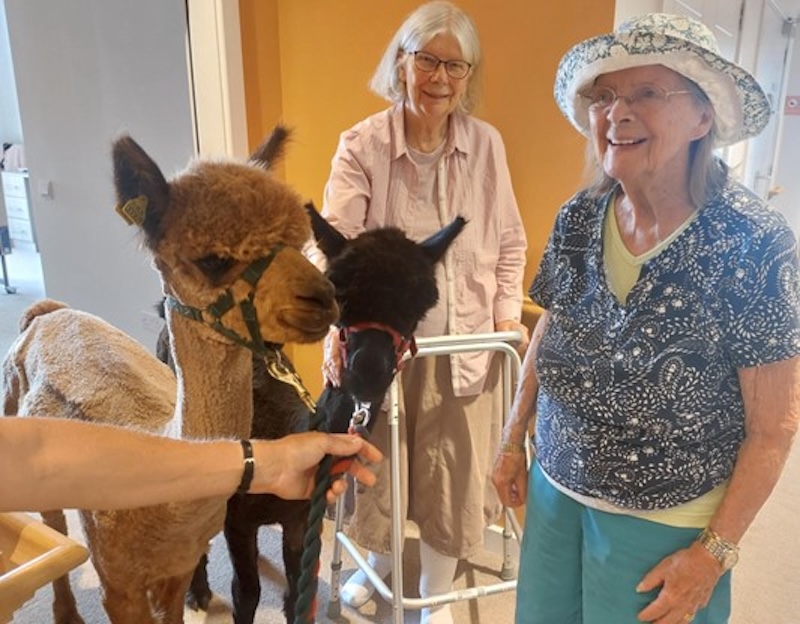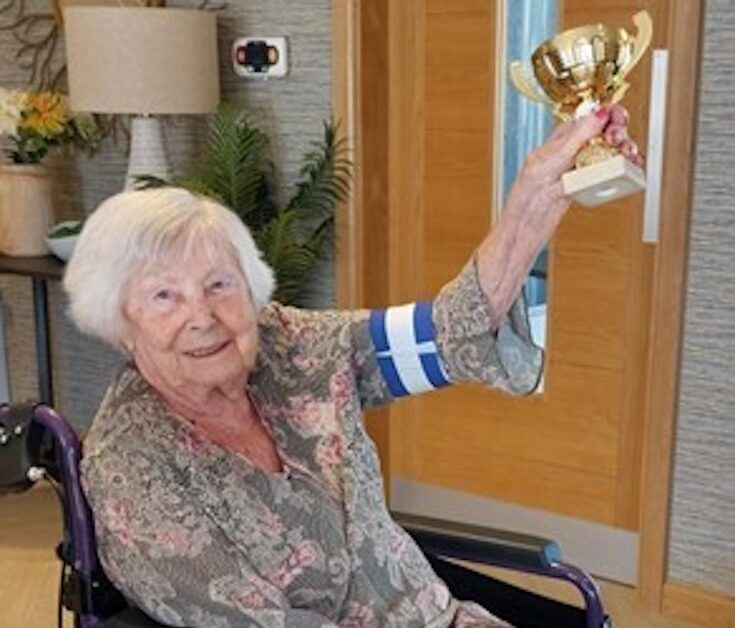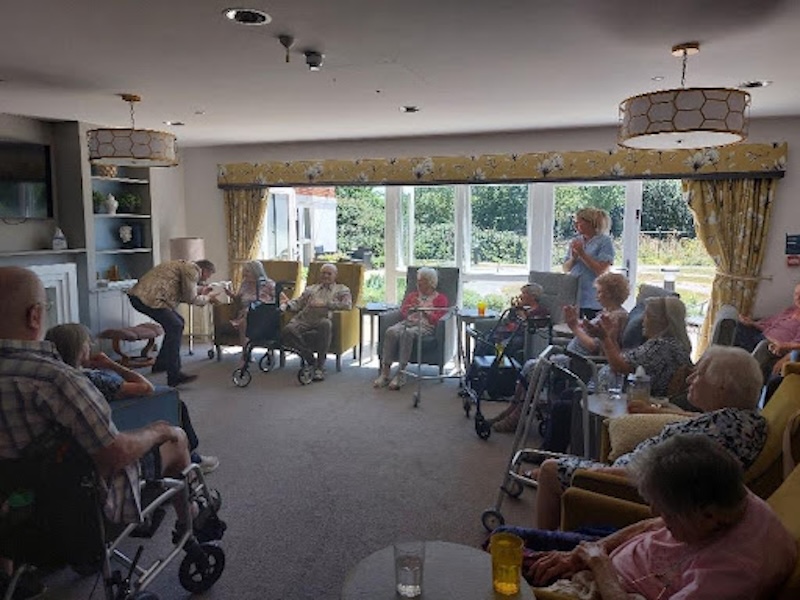Who is Respite Care Best Suited For?
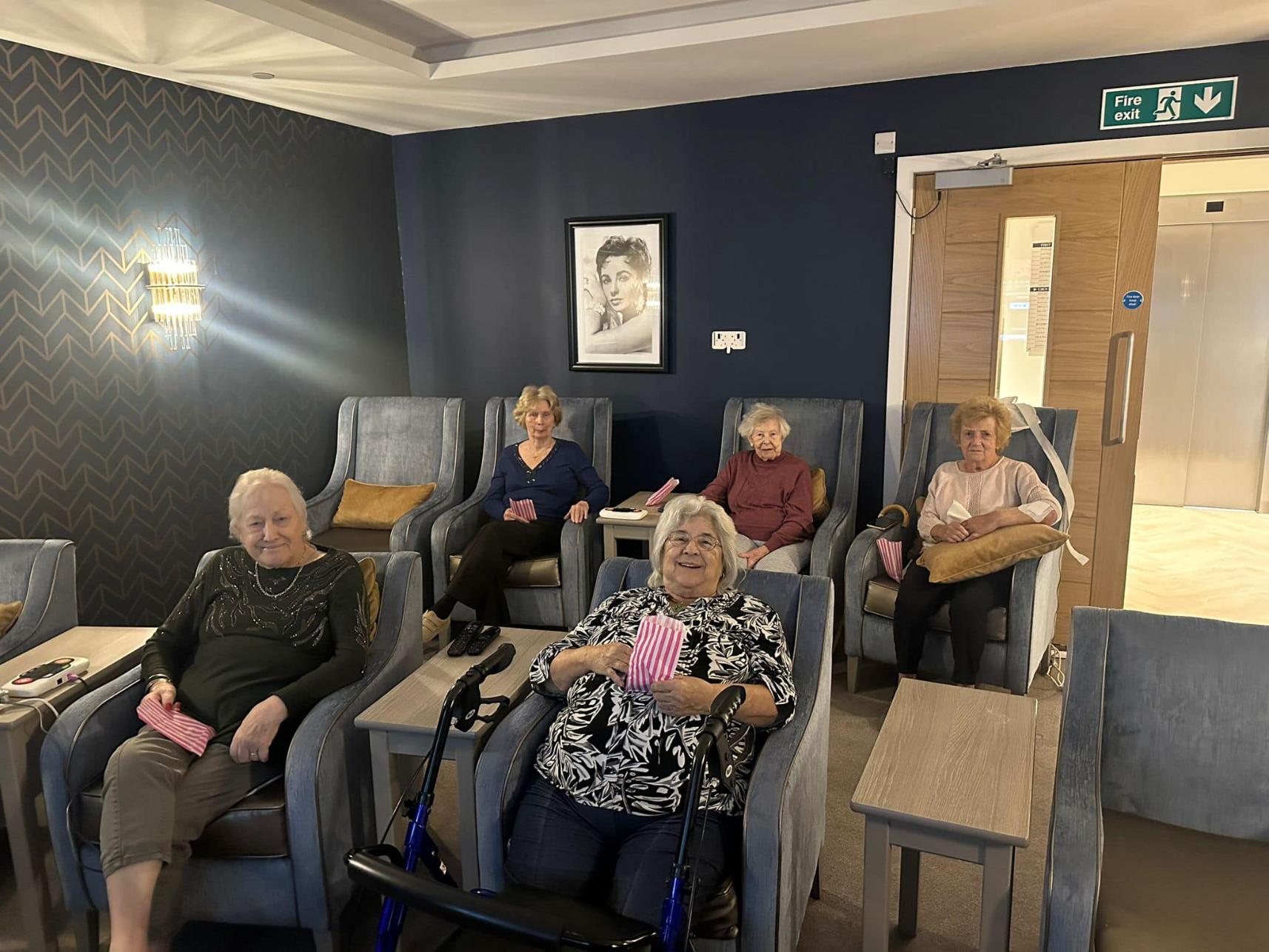
Respite care is a cornerstone of care home services, providing short-term support for those who require extra assistance or so carers can have a period of rest. Whether covering life’s emergencies, aiding post-hospital recovery, or offering a stress-free trial of residential care, respite care plays a crucial role for residents and other family members. To help provide a better understanding, we have outlined the meaning of respite care, who would benefit from it and what is included during a typical all-inclusive respite stay.
What Is Respite Care?
Respite care is a short-term care option typically provided in a care home. It is designed for those who need additional support while regular carers take a break. There are different types of respite care, but a care home typically offers a 3-week minimum service, providing meaningful time for residents and their families to recover or explore daily life before committing long-term. Respite services include access to trained care professionals, support with personal care needs, engaging activities and the peace of mind that comes from knowing a loved one is in a safe and supportive setting.
A needs assessment is usually the first step in the respite care process. This assessment is undertaken by care home staff in partnership with the resident, their family members, or other supporting professionals, ensuring every aspect of care is tailored to the individual by covering everything from health requirements and personal routines to interests and social preferences.

Benefits of Residential Care For Different Individuals
Older Adults Following a Hospital Stay
One of the most important groups that benefit from respite care is the individual receiving support. The period after a hospital stay can be a difficult transition for residents and their family members, as they don't feel ready to return to their own homes yet. Post-discharge support at home is often inadequate when a person needs more time to regain confidence, recover strength, or adjust to life with new physical or medical needs. Respite care provides a secure, encouraging environment with 24-hour access to skilled care staff, ensuring medication routines are followed, nutrition is prioritised and individuals feel confident moving back home. Residents are supported gently back into physical activity with professional oversight, helping reduce the risk of readmission or accidents at home.
Group events and communal dining also help restore a sense of social belonging that may have been lost in the hospital, supporting both physical and mental health.
Carers Who Need a Break
Many carers dedicate a great deal of time and energy to supporting their loved ones at home. Even the most resilient carers can experience fatigue, stress, or health issues of their own. Without regular opportunities to take a break, the demands of caregiving can affect relationships and overall well-being. Medium-term or longer respite stays allow carers to rest, run errands, or take a much-needed holiday, knowing the person they care for is in safe hands.
The respite care process ensures that every resident’s routines, preferences and medical requirements are understood in advance. This collaborative approach with family and care staff allows for continuity, preventing anxiety and helping loved ones feel at ease during the transition. Carers return refreshed and able to maintain their caring responsibilities with renewed energy.
Families Facing Emergencies
Sometimes emergencies arise due to sudden illness, unexpected work obligations, or other family crises and these disrupt regular caring routines. In such cases, respite care services deliver a safety net, ensuring continuity of support for the resident. Professional teams with experience in rapid admissions and emergency care can welcome residents quickly, conducting fast but thorough needs assessments and providing personalised support from the outset.
Emergency respite care provides reassurance during turbulent times, not just to the person receiving care but to all family members involved. Residents benefit from familiar routines, stimulating activities and both day and overnight care. For families, knowing their loved one’s safety and daily needs are the top priority allows them to focus on resolving the issue at hand, without overwhelming worry or guilt. This flexibility is one of respite care’s greatest strengths, as it provides peace of mind for all involved.
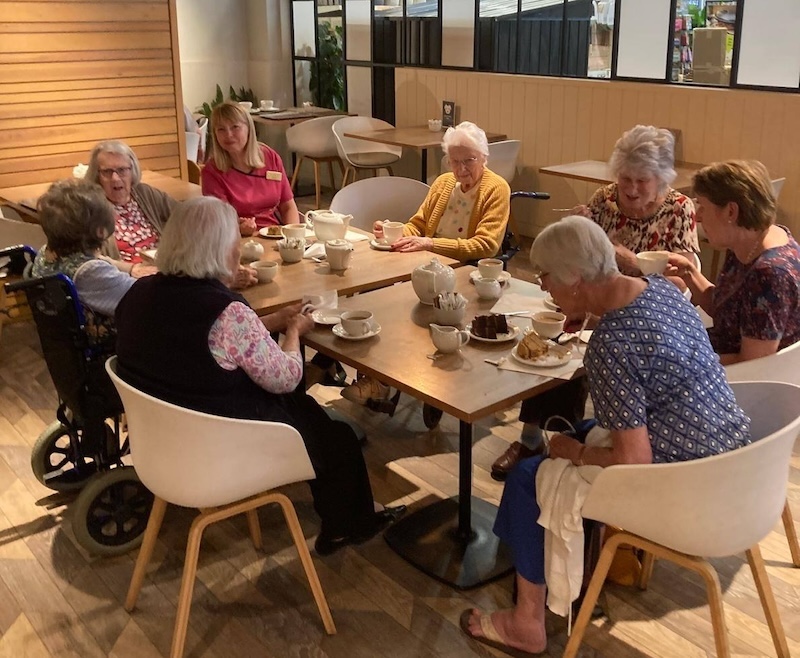
Individuals Seeking a Trial Period
Respite care is also ideally suited to those considering a full-time move into a care home in New Forest. A minimum three-week stay allows prospective residents to experience care home life first-hand before committing. During this trial period, individuals get to know staff, participate in activities, enjoy nutritious meals and interact with new friends to get an overview of if it is the right place for them.
Trial stays also empower families to make confident, well-informed decisions about care options, since they can observe the environment, communicate with the care team and see how their loved one adapts to the new setting. Short-term stays alleviate stress by transforming the move into a step-by-step process, rather than an abrupt life change. It also helps residents understand what quality care feels like, and how it supports their health, routines and personal identity.
What Services Are Included in a Respite Stay?
When receiving high-quality respite care in an all-inclusive care home, your experience will mimic those residing there full-time. Each stay will begin with the home creating a dedicated care plan that follows residents throughout their stay and ensures every element of care, from health management and medication to favourite hobbies and dietary requirements, is tailored to the individual.
Residents can expect to be assigned a private, comfortable en-suite bedroom, with attentive staff available day and night. Daily life includes nutritious meals freshly prepared by chefs, communal and private dining areas and menus catering for a range of health and cultural needs. The activities programme offers countless opportunities for social engagement and self-expression, ranging from music, arts and crafts and gentle exercise classes to gardening, local outings, and group games. Well-maintained communal spaces and gardens are always available for any type of usage, while a sensory room offers stimulation in a calming way. Residents also have support with all personal care needs from experienced care professionals, including bathing, dressing and mobility.
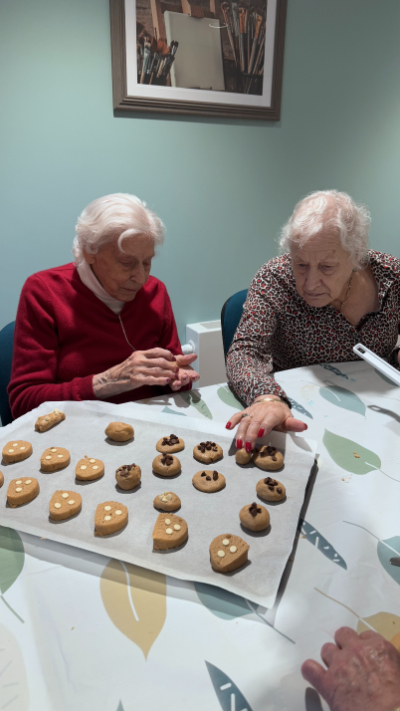

Respite Care at Yarnley House Care Home
At Yarnley House Care Home, we take great pride in delivering residential care, nursing care, dementia care and respite care that is truly tailored to each resident’s unique requirements. Our compassionate team is committed to providing warmth and dignity to every interaction, so residents and their loved ones can feel supported from the very first day.
Respite stays with us offer the same high standards and inclusivity as permanent residency. Residents have unlimited access to our en-suite bedrooms, communal lounges, varied activities programme, private gardens, hair salon & treatment room, cinema room, café and sensory room. Our all-inclusive approach means we take care of everything else while you focus on rest and recuperation. Whether you are recovering from illness, taking a break from caring responsibilities, or settling in for a gentle introduction to care home life, you will find reassurance and expertise at every stage of your respite care journey with us.
To learn more about our respite care services or to come and see our luxury care home in Ringwood for yourself, book a tour. We can't wait to meet you.



